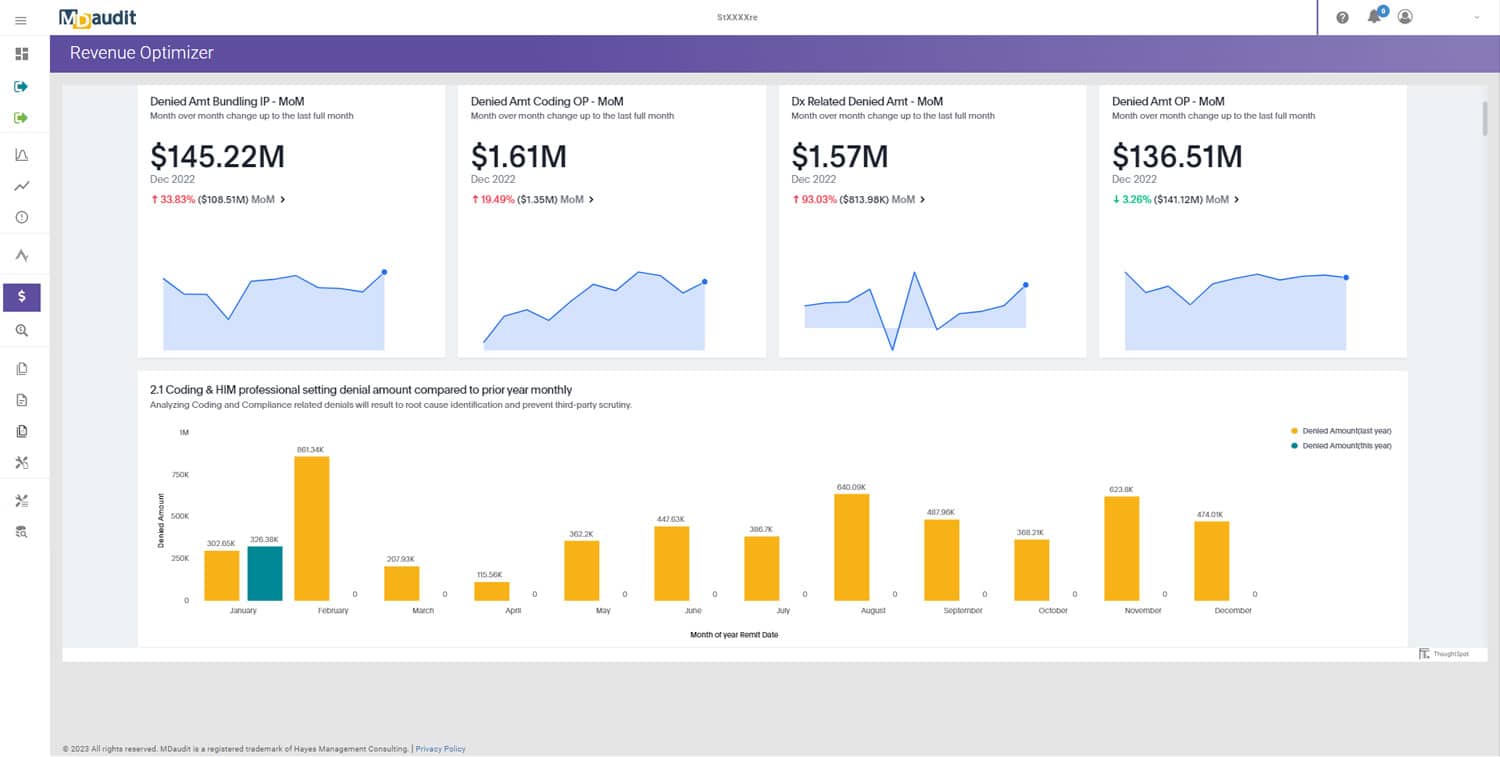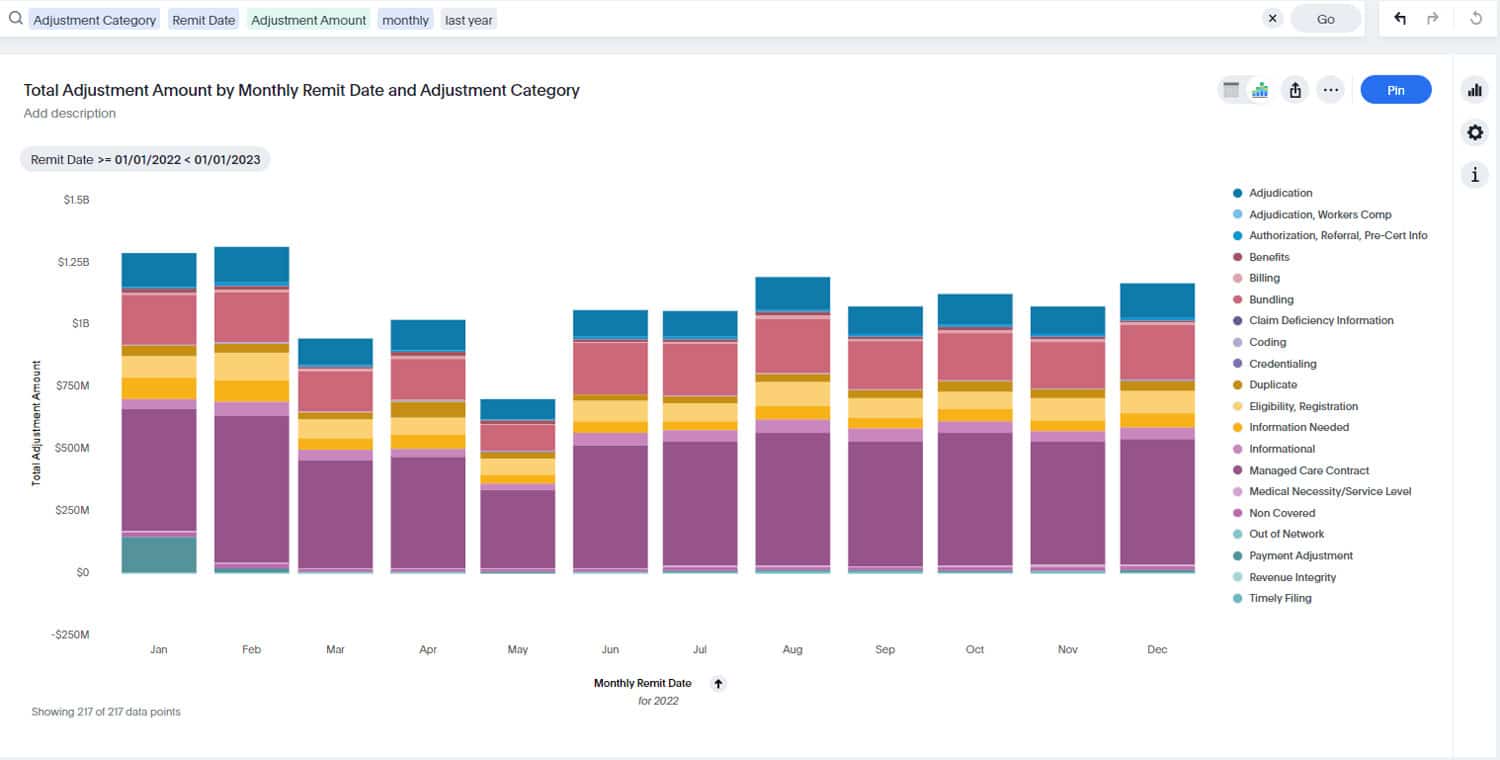In 2017, the CMS began a new auditing program called Targeted Probe and Educate (TPE) “designed to help providers and suppliers reduce claim denials and appeals through one-on-one help.” The program aims to enable rapid improvement for organizations suffering from errors in their Medicare billing submissions. While “Educate” suggests a sense of help and support, “Targeted Probe” should cause a certain degree of alarm.
TPE is focused on improving accuracy in specific areas. Using data analysis, Medicare Administrative Contractors (MACs) identify providers and suppliers with high claim error rates or unusual billing practices. They also target items and services that have high national error rates that pose a financial risk to Medicare.
The best defense against a TPE audit is to be prepared. Your organization – and especially your compliance department – should incorporate TPEs into your annual plan and take them very seriously. Your ultimate goal is to minimize the TPE audit to the first round.
The CMS is looking to mitigate apprehension about the program with a light and humorous video on their website. But don’t let the wit and whimsy fool you: this is a serious program with potentially costly consequences.
How TPE works
If selected for the program, you will receive a letter from your MAC requesting 20-40 claims and supporting medical records. If you pass the review, you will not be reviewed again for at least a year. If you fail, you are invited to a one-on-one education session. You’ll have 45 days to implement changes and then submit another 20-40 claims for review. If you fail again, you go through another education session. This process continues for a third time if necessary.
If after three rounds of claims reviews and education sessions you fail the audit again, you will be referred to CMS for further actions, which could include:
- 100 percent pre-payment review of all claims
- Extrapolation of error rates from a sample of claims reviewed going back as many as six years
- Referral to a Recovery Audit Contractor (RAC) who will have unfettered audit and extrapolation authority
- Initiation of exclusion proceedings to terminate your Medicare participation
- Referral to Office of Inspector General for investigation and potential criminal prosecution of billing fraud
Why you should be concerned
Data Analysis
The criteria for data selection being used by RACs to identify audit targets is vague, and has never been clearly communicated to providers. It appears they are looking for outliers, not only on over-coding but also on under-coding. They are also focusing on complex procedures, off label drugs, and multiple procedure codes during the same to review the accuracy of clinical documentation, but the exact parameters have never been fully outlined.
Pass/Fail Criteria
The CMS has never clearly outlined the review scoring methodology for the TPE audits or defined the passing percentage. Providers don’t know if the reviewers are calculating scores based on a percentage of lines that have issues, or if one non-compliant line signifies failure for the entire claim as a whole. The lack of clear definitions for passing and failing grades is causing confusion.
Education Adequacy
The program promises further education and training for a failed audit. The CMS talks about “one-on-one” education, but most of the training is general in nature and is provided remotely – either over the phone, via web conference, through the mail, or via phone, with documentation shared on Google Docs. Only on rare occasions is there an on-site visit. There is also concern over the strength of knowledge of the trainers. During several training sessions, a number of our clients have questioned some basic concepts and the trainers struggled to provide adequate answers. Based on experiences so far, you should not expect elaborate face-to-face training sessions with live examples provided by the CMS.
Audit Scope
Following a failure after a third round of training, reviews by the MACs and RACs are not limited in their scope. The process reverts back to a typical governmental auditing cycle, meaning they are not restricted as to what they can examine. They can go as far back as they want – even reviewing charts prior to the start of the TPE process. And the TPE is not restricted to one area. You can be subjected to multiple TPEs in different areas at the same time.
Bottom Line: Be Prepared
The best defense against a TPE audit is to be prepared. Your organization – and especially your compliance department – should incorporate TPEs into your annual plan and take them very seriously. Your ultimate goal is to minimize the TPE audit to the first round.
The CMS started this program in 2017, so your organization should now have enough data to know what they are looking for. To be fully prepared, consider taking the following actions:
- Implement an aggressive pre-emptive auditing program to investigate and address possible risk areas
- Review what CMS requested in 2018 in other audits and assess your risk in those areas first.
- Examine historical data for any prepayment (precertification) and preclaim adjudication audits that CMS has performed.
- Review CMS explanations for denials and additional information they have requested.
- Look at historical data, not necessarily TPE related but also other prepayment reviews that CMS has performed for your organization. Identify the trends and risks and insert them into your annual compliance plan.
- Focus on ensuring your coding and documentation integrity
That should give you a good idea of what the TPE letter – if you receive it – will request. Continue your internal training and education with the ultimate goal of passing the TPE on the first round, so you are free from another TPE for at least a year.
Collecting this data and performing these reviews manually can be a time-consuming, resource draining process. A much more efficient way to handle the internal review is to leverage an automated audit platform that can streamline the process. MDaudit Enterprise from Hayes is a software solution that helps you easily collect and analyze the data that will reveal denial patterns, identify potential risk areas and help you correct underlying issues to pass any first-round audits and avoid the additional TPE rounds.
TPEs are a way for the CMS to narrow their scope on finding organizations who are non-compliant. Doing your homework and taking TPEs seriously is the best way to avoid being one of them.






